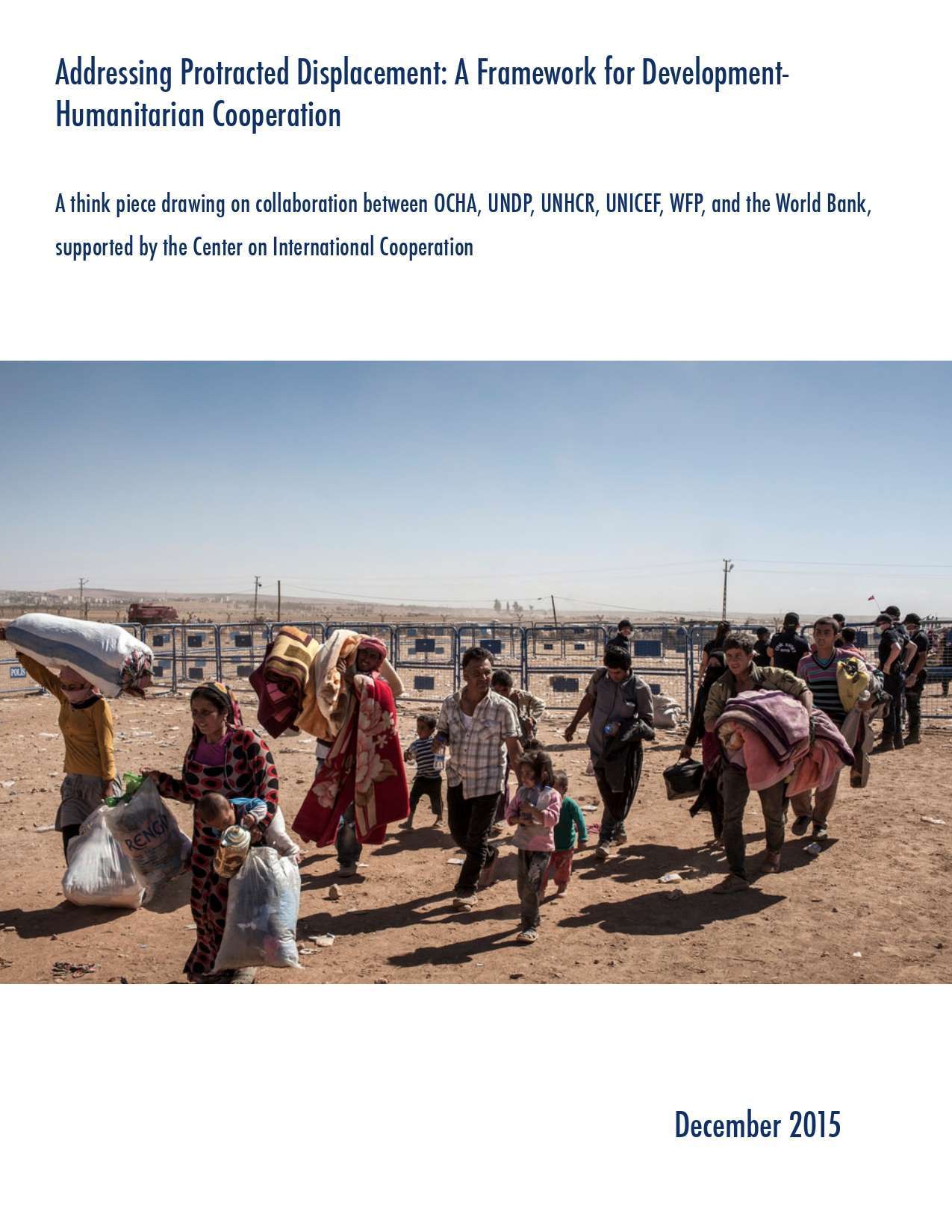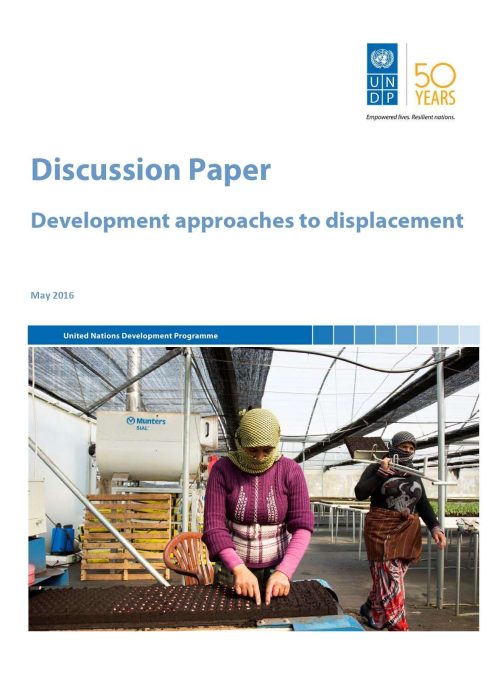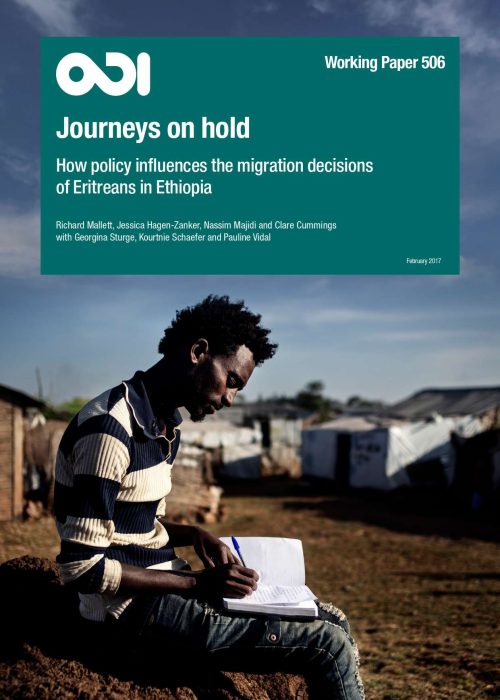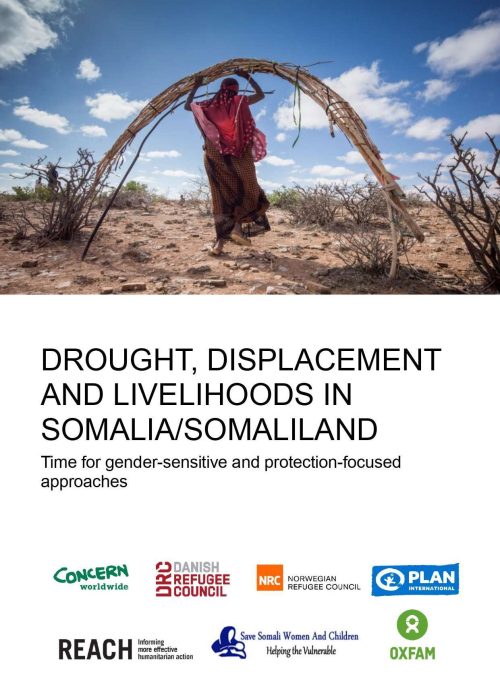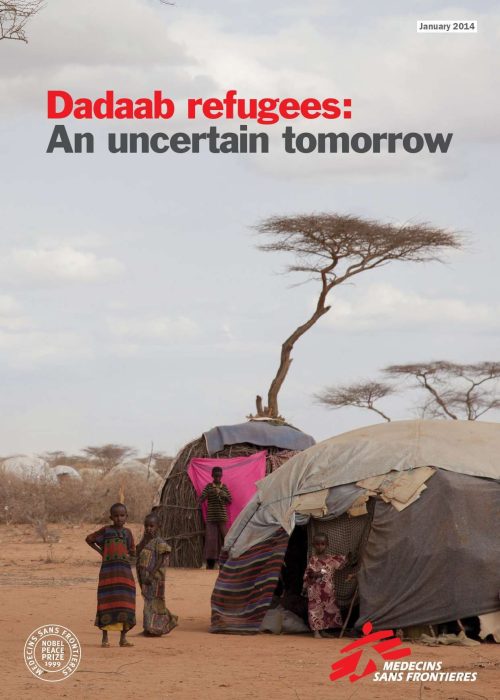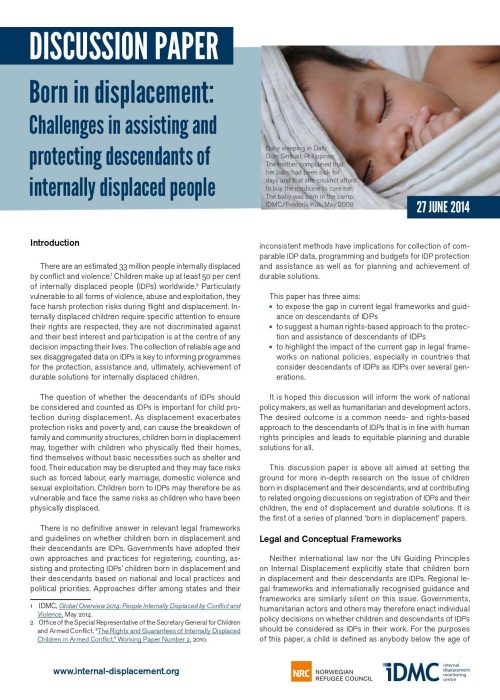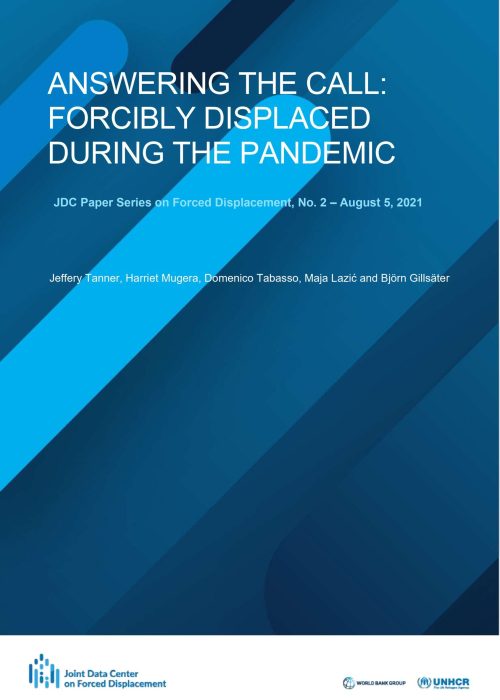This think piece, developed through collaboration between various United Nations agencies and the World Bank, addresses the growing crisis of protracted displacement and poverty worldwide. With over 60 million people forcibly displaced by conflict or persecution, the need for a new approach to address this issue is urgent. The existing business model of providing short-term humanitarian assistance is not working, leading to a growing crisis of dependency and political tensions.
The paper proposes a new framework for development-humanitarian cooperation based on four key elements. Firstly, there needs to be a shift from treating the needs of refugees and internally displaced persons (IDPs) as separate from development to ensuring their welfare as a core part of the Sustainable Development Goals (SDGs) commitment to “leave no one behind”. This requires joint analysis, multi-year planning, and engagement from development and humanitarian actors to achieve collective outcomes.
Secondly, the focus should shift from care and maintenance regimes targeted primarily at displaced people in camps to localized systems that benefit both displaced people and host societies/communities. This approach recognizes the potential economic and social contributions of displaced people and ensures that the necessary legal, regulatory, fiscal, and organizational actions are in place to facilitate their integration.
Thirdly, there is a need for flexible, additional multi-year development financing instruments to support countries hosting refugees and IDPs. This includes offering additional grant-based or highly concessional funds to refugee-hosting countries that are implementing programs to improve the lives of refugees.
Lastly, the framework emphasizes the importance of implementing the plan through government law and policy, ensuring that national legal and policy actions foster positive contributions from displaced people and enable their inclusion in economic and social life.
